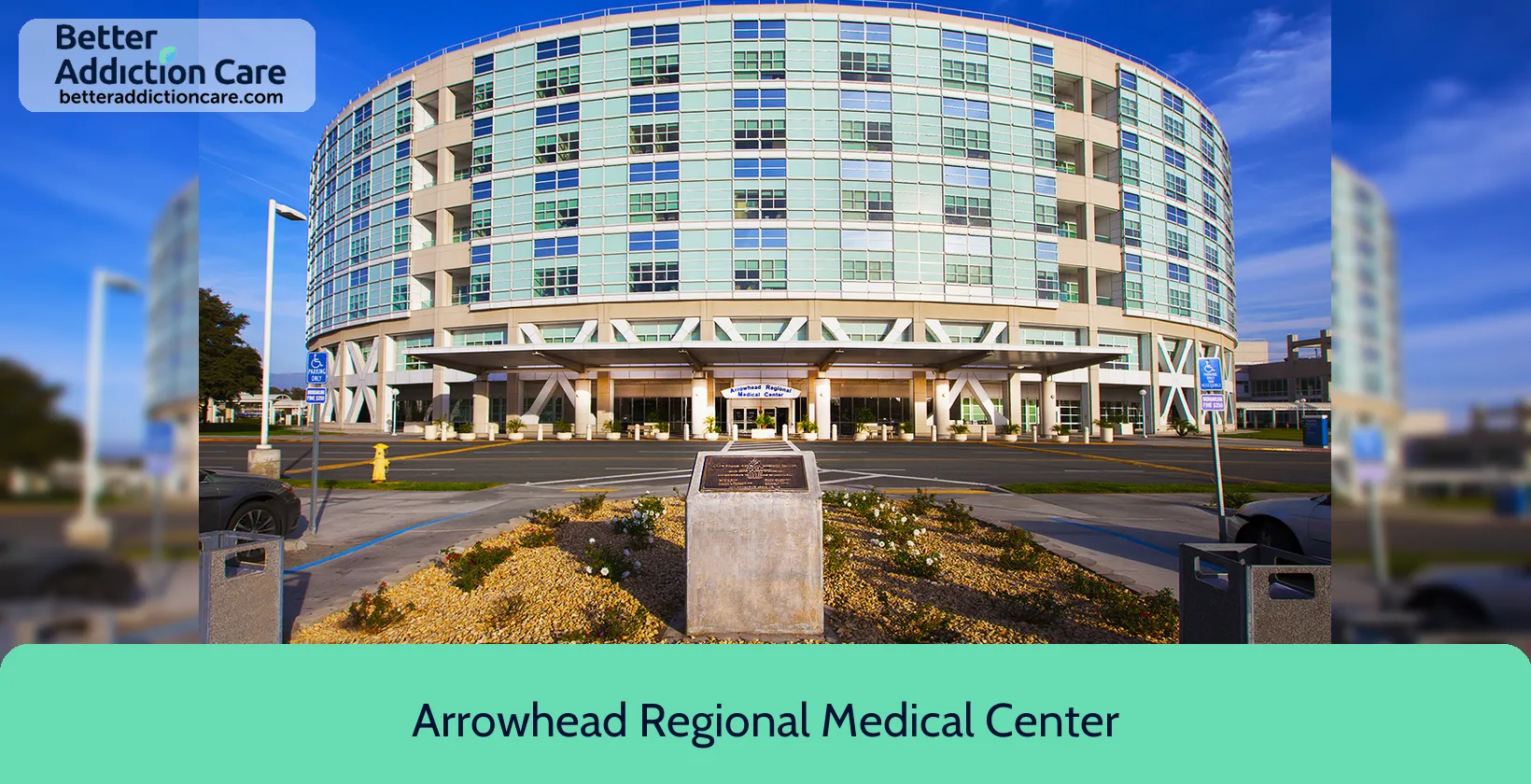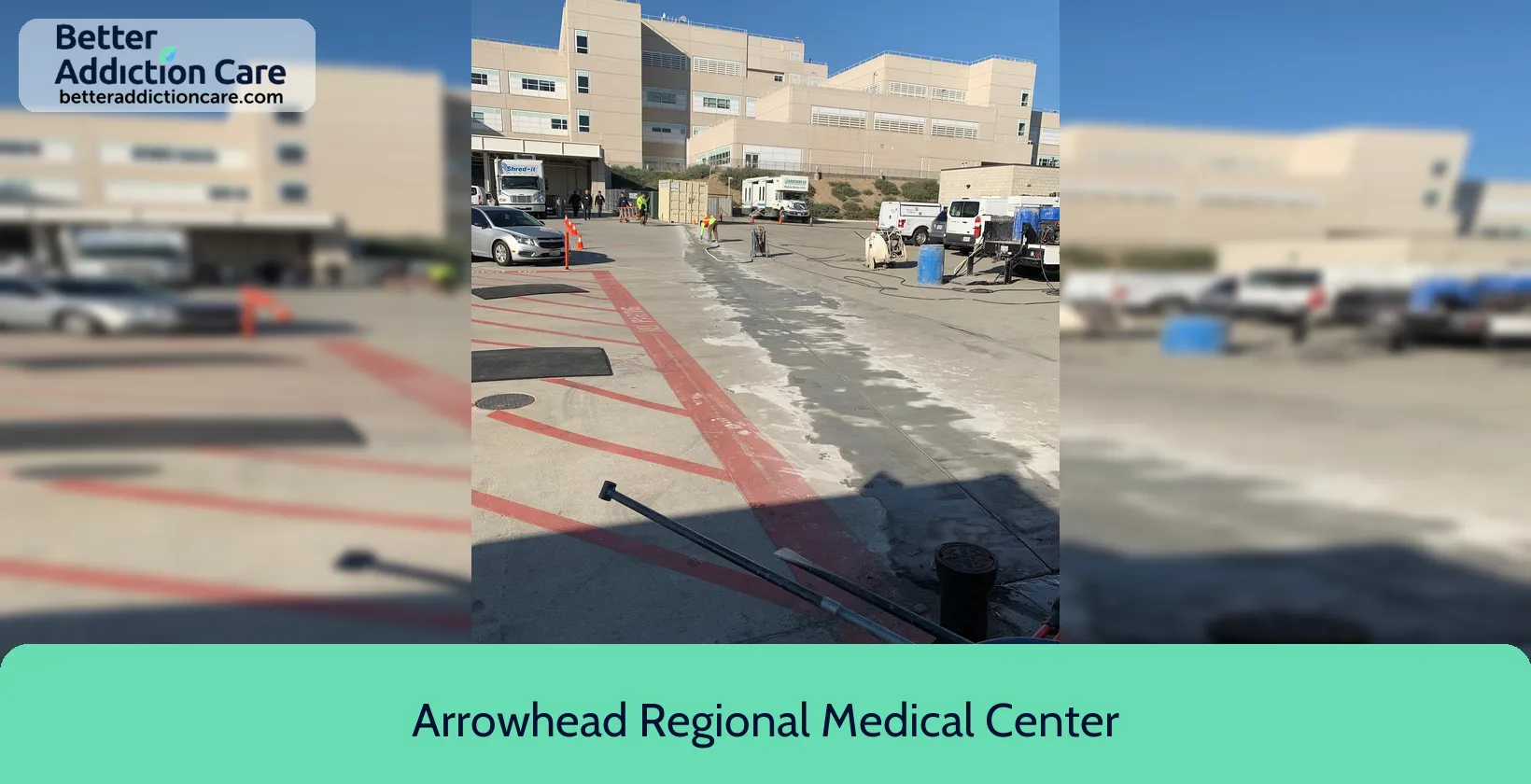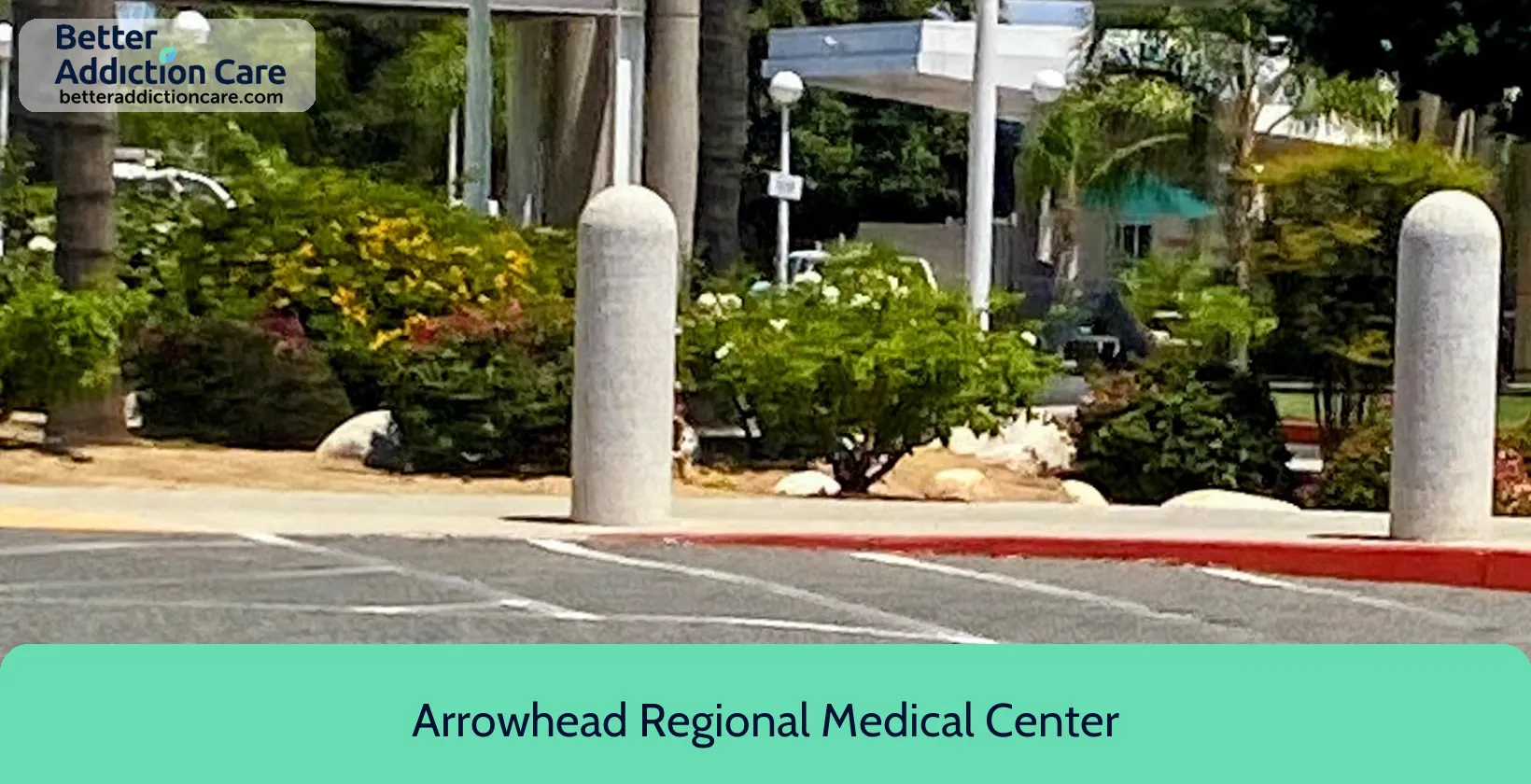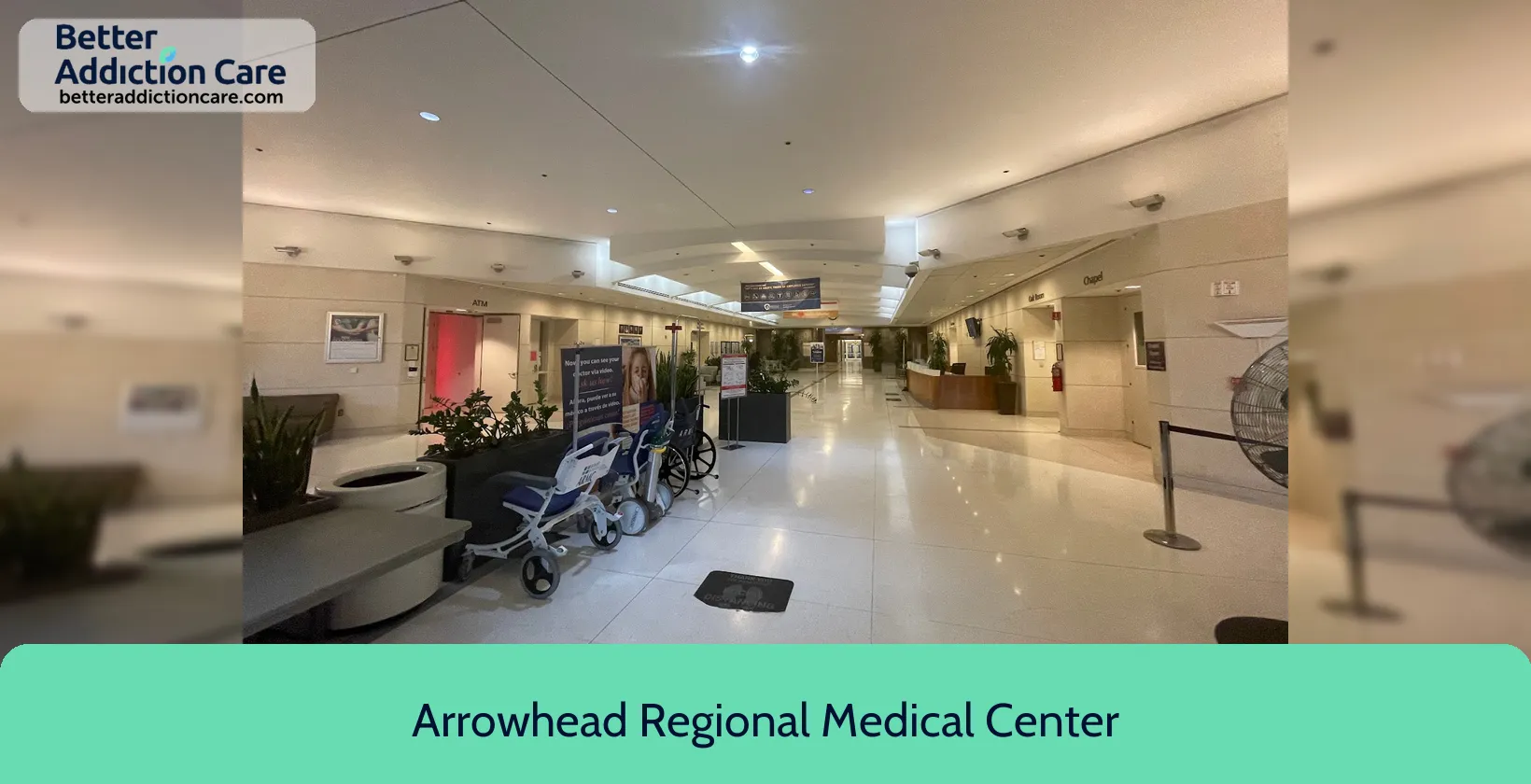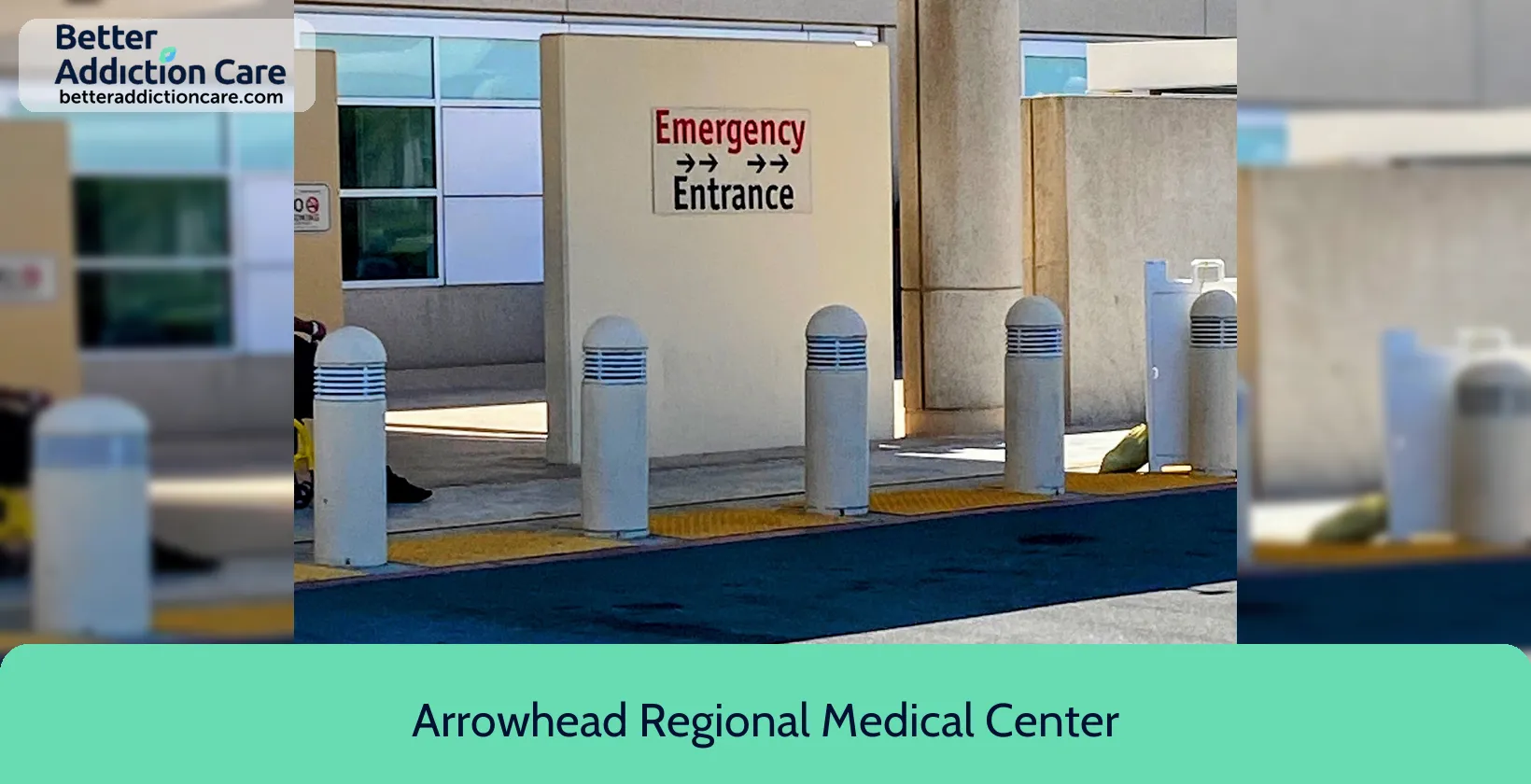Arrowhead Regional Medical Center
Overview
A comprehensive range of medical and behavioral healthcare services are provided at Arrowhead Regional Medical Center (ARMC) in Colton, California, to assist people dealing with mental and physical health issues. For those struggling with serious mental health conditions or addiction, ARMC provides specialized inpatient behavioral health therapy. The facility is well-known for its professional skills. This all-encompassing strategy guarantees that patients in need of critical, 24-hour care may get expert assistance and direction in a safe hospital environment.
The behavioral health inpatient program at ARMC provides care to patients who need it right away, especially those who are experiencing severe mental health crises or suicidal thoughts. The facility, which has 90 dedicated inpatient beds, is made to offer a controlled and secure setting where patients can receive medication management, participate in focused therapy, and collaborate closely with a multidisciplinary team of psychiatrists, nurses, and other mental health specialists to stabilize and start their healing process.
By taking a wide variety of insurance plans, including those from well-known companies like Amerigroup, Anthem, Blue Cross Blue Shield, Magellan, TRICARE, Wellmark, and Beacon, ARMC further promotes access to treatment. Customers are advised to confirm the specifics of their coverage since benefits might differ depending on the plan, especially when dealing with out-of-network providers.
With more than 4,000 staff members, including 400 practicing doctors and more than 200 resident physicians, ARMC stands out as a reputable healthcare provider in San Bernardino County. They are all committed to providing the community with high-quality, compassionate treatment. ARMC continues to maintain a high quality of medical and behavioral health services with a dedication to providing top-notch healthcare.
Arrowhead Regional Medical Center at a Glance
Payment Options
- County or local government funds
- Medicaid
- Other State funds
- Private health insurance
- Cash or self-payment
Assessments
- Comprehensive mental health assessment
- Comprehensive substance use assessment
Age Groups
- Adults
- Young adults
- Adolescents
- Seniors
- Children/adolescents
Operation
- State government
Highlights About Arrowhead Regional Medical Center
6.80/10
With an overall rating of 6.80/10, this facility has following balanced range of services. Alcohol Rehabilitation: 8.00/10, Drug Rehab and Detox: 6.00/10, Insurance and Payments: 6.00/10, Treatment Options: 7.21/10.-
Alcohol Rehabilitation 8.00
-
Treatment Options 7.21
-
Drug Rehab and Detox 6.00
-
Insurance and Payments 6.00
Treatment At Arrowhead Regional Medical Center
Treatment Conditions
- Mental health treatment
- Substance use treatment
- Co-occurring Disorders
- Alcoholism
- Opioid Treatement
Care Levels
- Hospital inpatient treatment
- Detoxification
- Hospital inpatient/24-hour hospital inpatient
- Hospital inpatient detoxification
- Aftercare
Treatment Modalities
- Family counseling
- Individual psychotherapy
- Cognitive Behavioral Therapy
- Dialectical Behavior Therapy
- Group counseling
Ancillary Services
Languages
- Sign language services for the deaf and hard of hearing
- Spanish
Special Programs
- Clients who have experienced trauma
Get Help Now
Common Questions About Arrowhead Regional Medical Center
Contact Information
Other Facilities in Colton

6.69

6.96
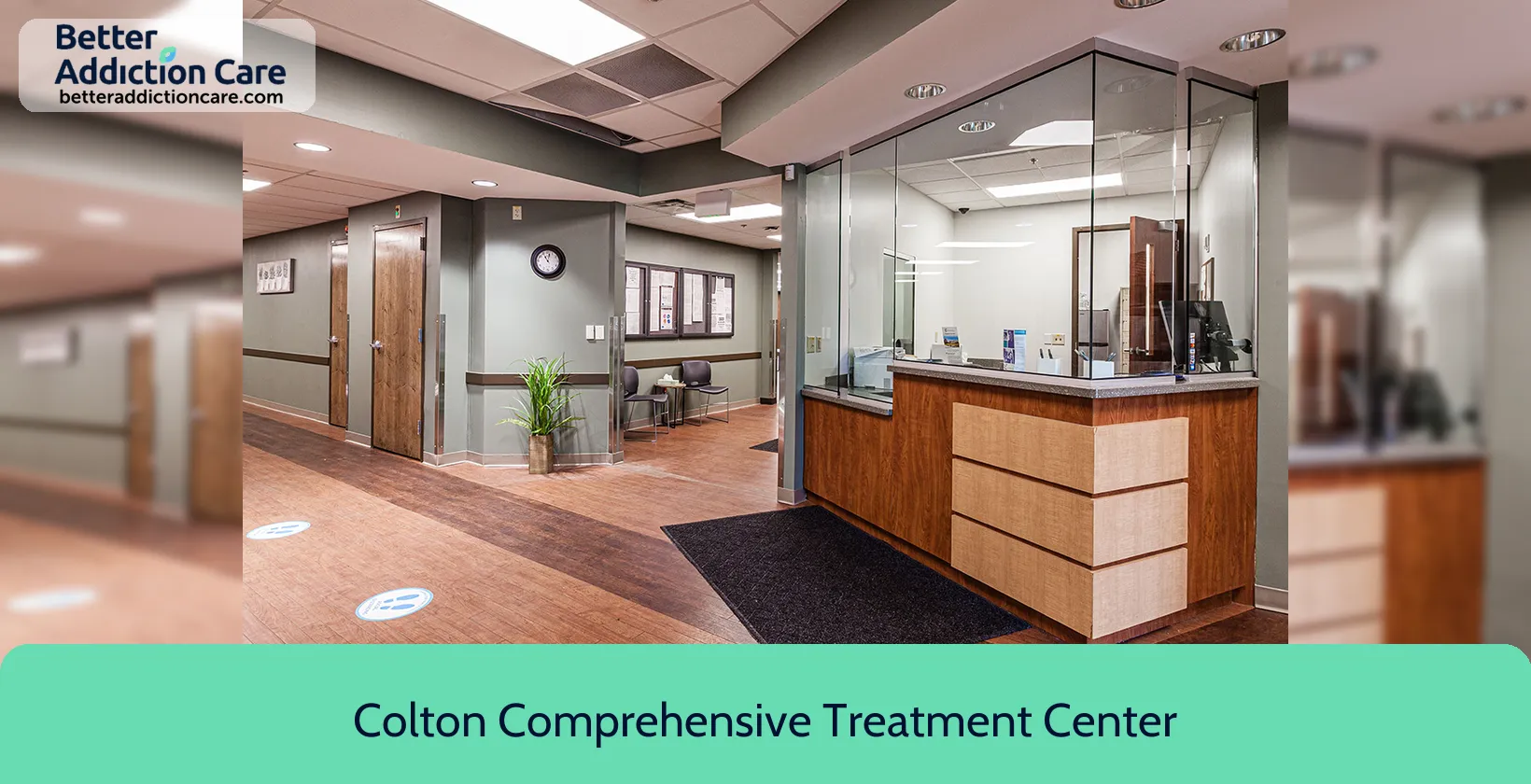
6.79
DISCLAIMER: The facility name, logo and brand are the property and registered trademarks of Colton Comprehensive Treatment Center, and are being used for identification and informational purposes only. Use of these names, logos and brands shall not imply endorsement. BetterAddictionCare.com is not affiliated with or sponsored by Colton Comprehensive Treatment Center.

